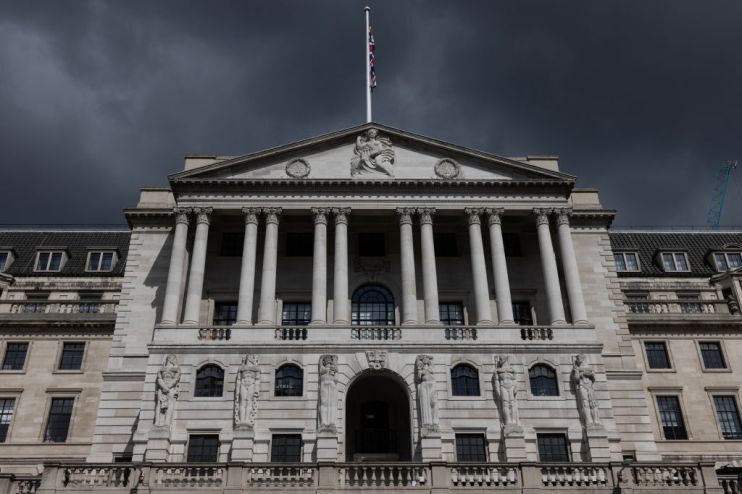UK to avoid recession despite Bank of England interest rate rises, EY predicts

The UK will avoid a recession despite the impact of the Bank of England’s interest rate hikes, new forecasts from the EY Item Club say.
In its new Autumn forecast, the EY Item Club predicted the UK economy would grow 0.6 per cent over the course of 2023, up from 0.4 per cent growth projected in July.
The economy has been far more resilient to the Bank’s interest rate hikes than many experts predicted thanks to a remarkably strong labour market and the fairly rapid fall in energy prices.
Businesses investment has been significantly stronger than expected and EY expects investment growth across the year to hit 5.9 per cent. Excluding the post-pandemic bounce, this is the fastest rate of growth since 2016.
EY also noted that households had received a net benefit from higher interest rates, as the return on higher savings rates offset the increase in mortgage payments.
This trend would likely reverse next year, however, and looking into next year, EY downgraded its expectations. It now expects the UK economy to grow at 0.7 per cent, down from a previous estimate of 0.8 per cent.
Despite the downgrade and mounting cost of debt, the UK remains on track to avoid a recession.
“A likely end to rate increases at the Monetary Policy Committee’s (MPC) last meeting, combined with falling inflation and a return to real pay growth, should keep the economy from falling into recession,” the EY Item Club said.
Hywel Ball, EY UK Chair, says: “The cost of debt is set to be the biggest headwind for the UK economy over the next 12 months, with consequences for both businesses and consumers.”
“But while high interest rates will weigh heavily on growth, there are still signs of resilience from which we can take positives. Inflation is heading in the right direction, average wages are rising in real terms once more, and household and corporate balance sheets remain unusually healthy,” Ball continued.
Inflation fell to 6.7 per cent in August, confounding economists who had been expecting a slight increase on the previous reading of 6.8 per cent.
EY suggested that inflation could fall to 4.5 per cent by the end of this year before hitting the Bank’s two per cent target in the second half of next year. Interest rates will not have to go any higher, the firm predicted.
Falling inflation and strong wage growth will help consumer spending, which will grow 0.7 per cent next year.
The forecasts come shortly after predictions from the International Monetary Fund who said the UK will be the weakest performing major economy next year.
It expects the UK economy to grow 0.6 per cent next year, revised down from a previous forecast of 1.0 per cent.